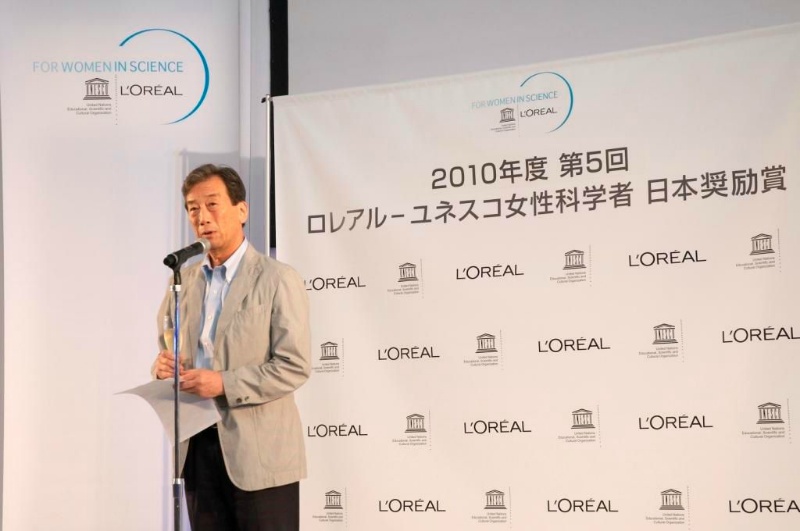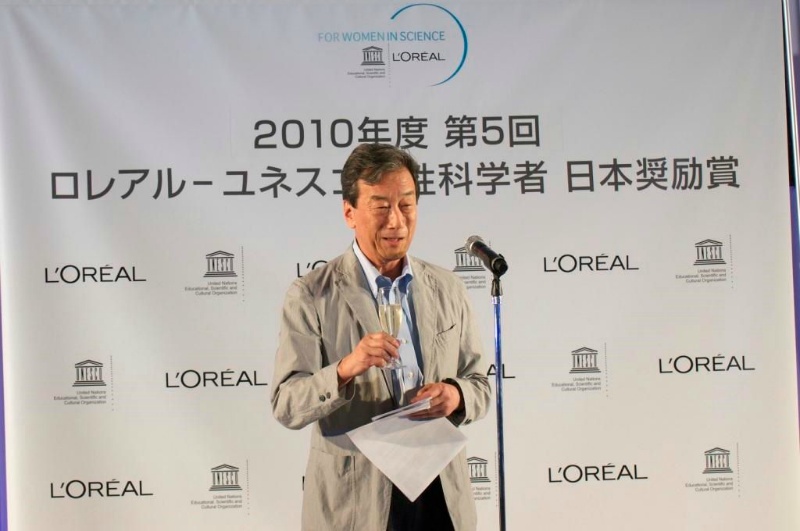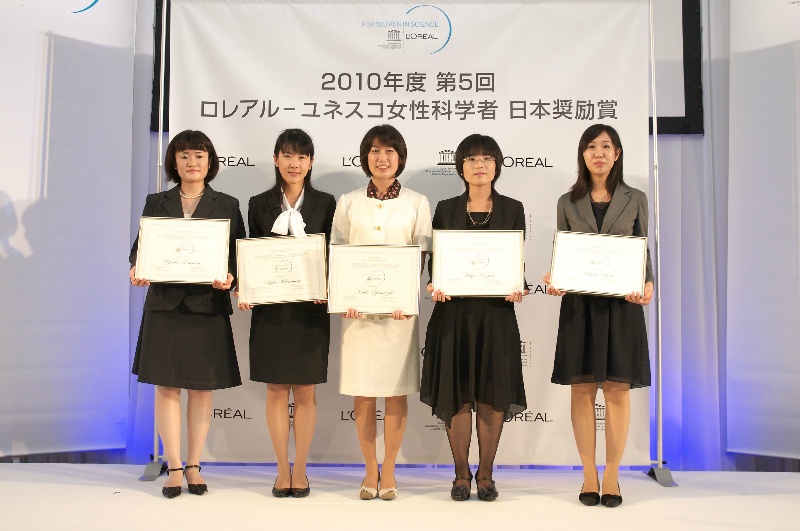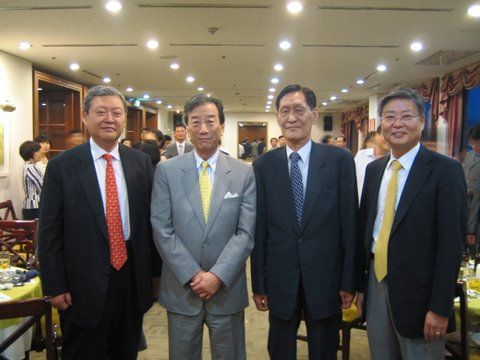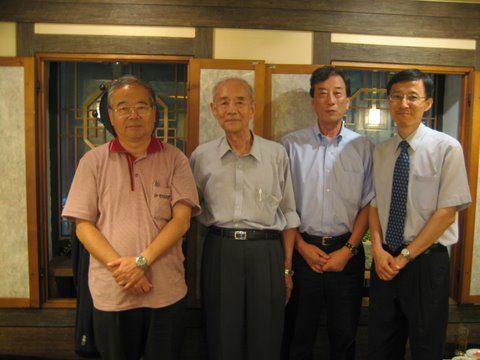‘Hitotsubashi Business Review’ (in Japanese) is a quarterly magazine read broadly by business people in Japan. Edited by Hitotsubashi University Institute of Innovation Research (Director, Professor Seiichiro Yonekura), the magazine’s fall issue recently organized a special feature on ‘the 10th anniversary’ of the magazine. It was my honor to write some of my thoughts to congratulate, together with Mr. Fujio Mitarai, Chairman and CEO, Canon; Professor Ikujiro Nonaka; and Mr. Takuya Iwasaki, Editor in Chief, ‘Diamond Harvard Business Review.
The title of my article is “‘Beautiful’ Resume ("'Utsukushii' Rirekisyo no Jidai")” (in Japanese) . The wording was quoted from a book by Ms. Michi Kaifu ‘Paradise and Closed Country ? Japan, a Forgotten Great Power (in Japanese, original title ‘Paradise Sakoku- Wasurerareta Taikoku Nippon)’ (Ref.1) (in Japanese).
Besides the book, Ms. Kaifu is sending out messages actively from Silicon Valley through her blog (in Japanese). What this title means is explained in her book, and by the way, her book is one of my recommended readings because it is filled with good catchy words reaching to the core issues of Japan.
I borrowed this wording because I thought by this expression Ms. Kaifu beautifully described almost the same idea as what I have been saying, i.e. “build your career by seeing yourself better in the global world through spending some time and competition with peers outside”- you can see your strength and weakness self better and more objectively.
How to build such ‘beautiful’ resumes ? is also the core message of my book with Professor Yoko Ishikura ‘How to Build a Global Career (Sekaikyu Kyaria no Tsukurikara)’.
And examples of how to start this kind of career are to ‘Take a Leave of Absence from School’ , one of my major messages, or the ‘Asian Youths Exchange Program’ in Okinawa.
Our current system of one track career, being promoted step by step within the same organization, starting a career right after university graduation, employment being informally decided at junior year in collage ? the society which take these facts for granted and ‘norm’ should be regarded as ‘outrageous (tondemo)’ career in global and flattening world. Working lifetime for the same organization must be a choice for ‘the employees’. However, in government offices and big companies, this single career remains the standard for most people. Even in universities, where more autonomy and mobility is expected, we see quite a number of ‘Four Lines Biography Professors (yongyo kyojyu, i.e. professors who need only 4 lines for their academic resume staying and being promoted in the same institution)’ (Ref.1) (in Japanese)
Why is it that I (originally in the field of science, an MD) was asked to write for such a ‘business’ magazine? To be frank I hesitated a bit when I thought about the readers of this magazine, but on the other hand was also pleased. Perhaps the idea came from Professor Yonekura. It may be because my philosophy is that whether in business, education, health services, or government, the basics is always ‘B to B’ for all, and ‘how much you are able to see and feel the change’. In short, my ‘B to B’ is ‘Back to Basics’. The person who continuously emphasizes this principle of ‘Back to Basics’ in business and innovation is Peter Drucker, whom you all know very well.
